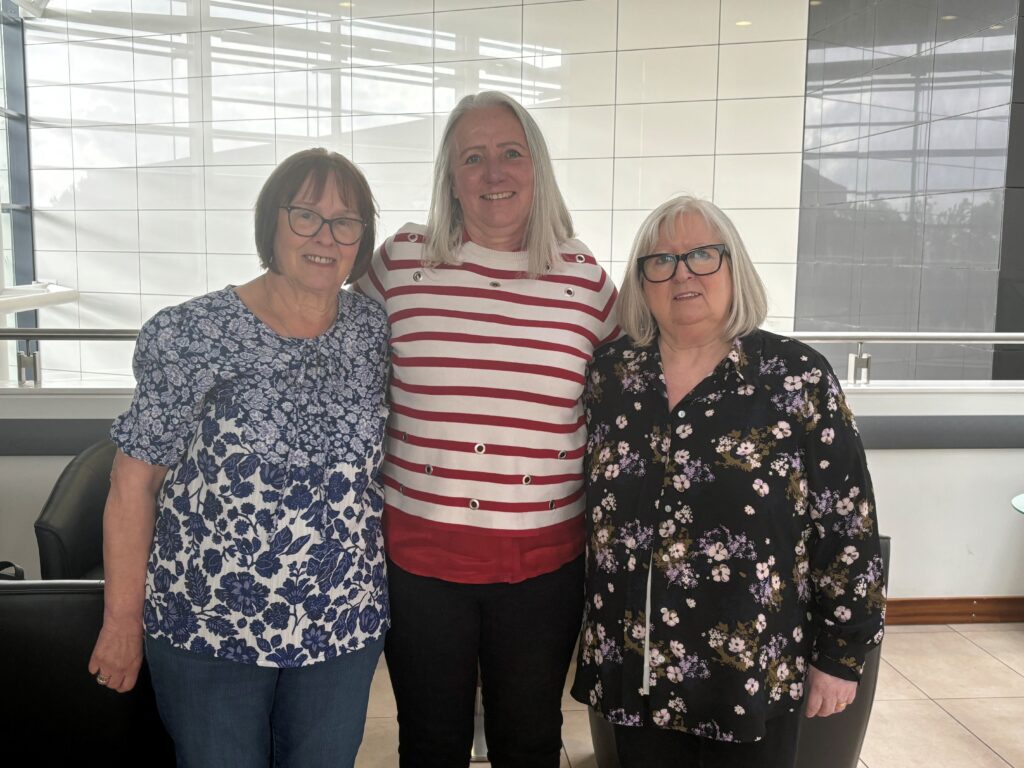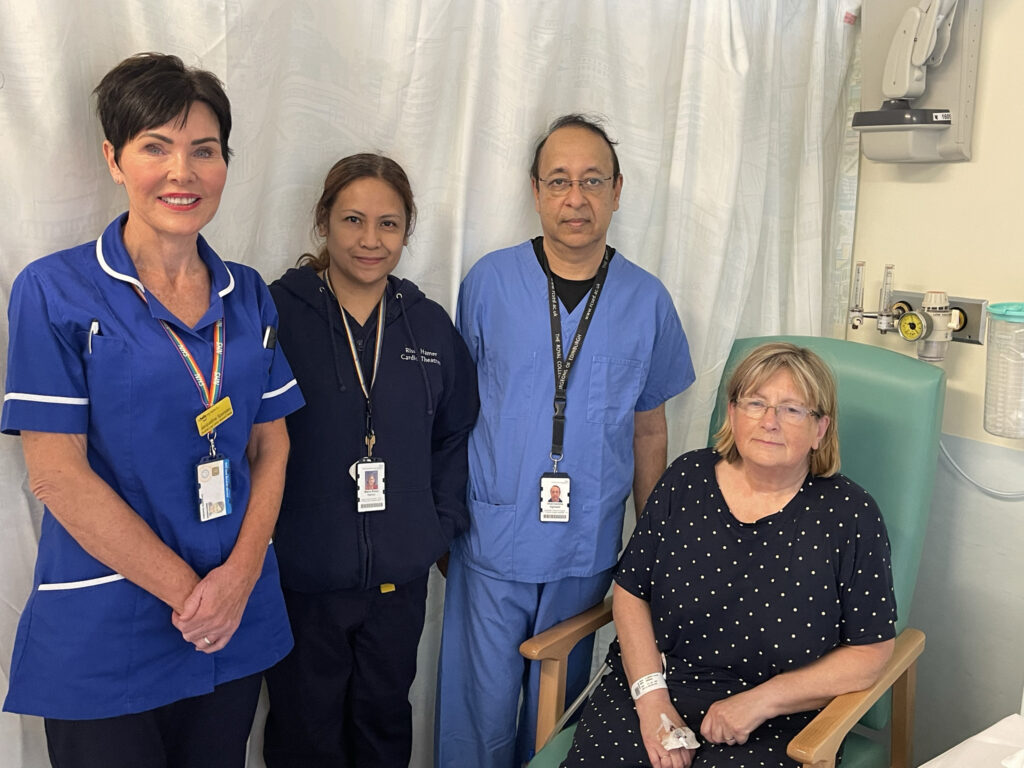A CONSULANT thoracic surgeon has reached a UK milestone after performing his 400th robotic lung resection for lung cancer at the Freeman Hospital.
Mr Dharmendra Agrawal has now achieved more resections using the Da Vinci robotic system than any other consultant in the country.
A lung resection is a type of surgery where a surgeon removes part of the lung to diagnose and treat lung disorders.
Traditionally this procedure would be carried out through open thoracotomy or Video assisted keyhole approach, however now it is increasingly performed using a robot – the technique used by Mr Agrawal.
There are many benefits of this minimally invasive technique for patients, including reduced length of stay in hospital, quicker recovery back to day-to-day activities, reduced discomfort and smaller scars.
Only a limited number of centres in the country offer regular robotic lung resection surgery and the programme at the Freeman is one of the largest in the UK.
“We have come a long way in terms of outcomes and achievements over the last ten years and in supporting delivery of high-quality care for lung cancer patients across the North East,” said Mr Agrawal.
“This pioneering, advanced, minimally invasive surgery requires only three to four small incisions (about 5-8mm) and the high-resolution, magnified, three-dimensional view offers greater surgical precision compared to standard minimally invasive procedures.
“In terms of benefits for our patients and the wider NHS, this technique has significantly reduced the length of time our patients need to stay in hospital following their surgery and the post-operative recovery is also quicker. On average our patients who have this procedure return to normal activities within two weeks – they also typically have fewer complications.
“All these benefits are also enjoyed by the NHS with better utilisation of the limited resources with early patient discharge allowing for an increased throughput of patient treatment.”
Amongst Mr Agrawal’s patients who recently underwent a robotic lung resection are Margaret Singh, Joanne Frewer, 59, from South Shields and Maureen Robson and all three were discharged home within 2 days.

Margaret, who left hospital after a day-and-a-half, said: “I’d had sepsis and pneumonia and when I’d had some scans to check my organs, they found I had some spots.
“Robotic surgery wasn’t something I had heard of but it was all explained to me. Naturally you’re anxious about any type of surgery but I was home after a day-and-a-half – I expected to be in bed but was up and about and managing to do things.”
Joanne’s tumour was picked up when she was part of a clinical lung trial at South Tyneside Hospital.
“When I realised I had a tumour, I did some research into robotics and looked at quite a bit of American material so on my very first appointment I asked about RATS (robotic-assisted thoracic surgery) as I knew it was something Mr Agrawal did. I feel very privileged to have had this type of surgery,” she said.
Maureen, whose tumour was picked up through mobile screening, added: “I was home within two days after the surgery. I was a little bit uncomfortable – I’d describe it as an ache rather than pain which I managed through paracetamol but now I’m back swimming.”
In 2013 surgeons at the Freeman Hospital performed UK’s first robotically assisted lobectomy and since then the programme has continued to grow with around 100 cases performed in the last year.

Frances Clements was Mr Agrawal’s 400th patient and described herself as ‘being mesmerized with this amazing type of treatment.”
Director of operations for the cardiothoracic clinical board, Dawn Youssef, said: “This is a fantastic milestone and is down to the teamwork of everyone who pulls together – the thoracic surgical team, anaesthetic colleagues and the cardiothoracic theatre staff alongside the other thoracic surgeons involved in this programme.”
